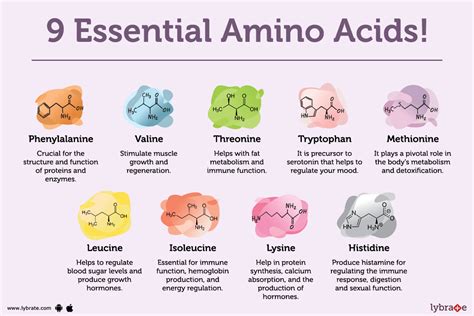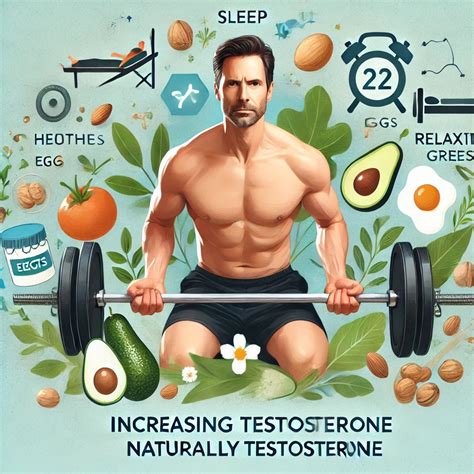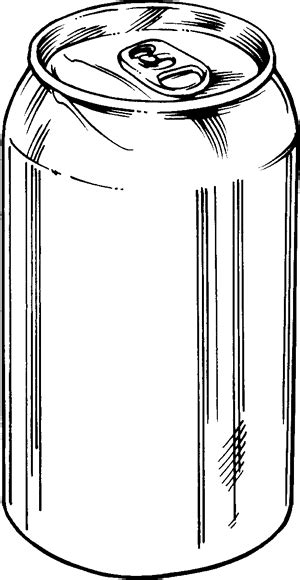Best diet for optimizing male hormone levels & energy?

Optimizing male hormone levels and maintaining robust energy are crucial for overall well-being, mood, muscle mass, and libido. While various lifestyle factors play a role, diet stands as a cornerstone in regulating key hormones like testosterone and ensuring a steady supply of energy throughout the day. This article explores the best dietary strategies to help men achieve hormonal balance and peak vitality.
The Foundational Pillars: Macro and Micronutrients
A balanced diet is paramount. This means paying attention to the quality and quantity of macronutrients (fats, proteins, carbohydrates) and micronutrients (vitamins, minerals) that fuel your body and endocrine system.
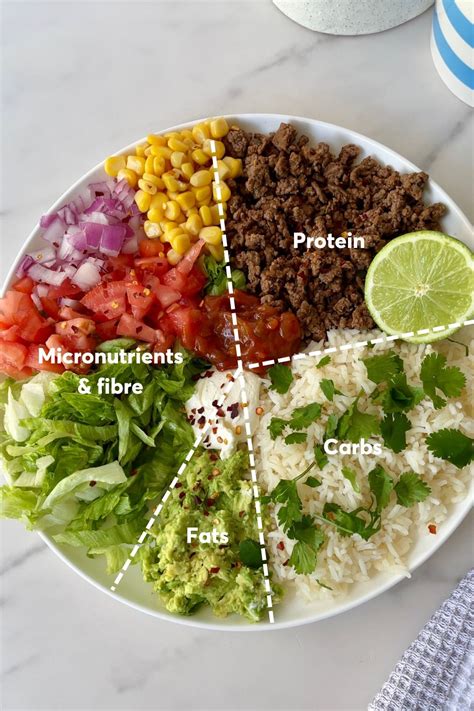
Healthy Fats for Hormone Production
Contrary to outdated beliefs, dietary fat is not the enemy; it’s essential for hormone synthesis, especially testosterone. Cholesterol, a precursor to steroid hormones, comes from the fats we consume. Focus on monounsaturated and polyunsaturated fats:
- Avocados: Rich in healthy fats and vitamin E.
- Nuts and Seeds: Almonds, walnuts, chia seeds, flax seeds provide essential fatty acids and minerals like zinc and magnesium.
- Olive Oil: A staple of the Mediterranean diet, offering monounsaturated fats.
- Fatty Fish: Salmon, mackerel, and sardines are packed with omega-3 fatty acids, which reduce inflammation and support cellular health.
Quality Protein for Muscle and Metabolism
Adequate protein intake is vital for muscle maintenance, recovery, and satiety, all of which indirectly support hormone balance and energy. Aim for lean, high-quality sources:
- Lean Meats: Beef, chicken, turkey (grass-fed/pasture-raised when possible for better nutrient profiles).
- Eggs: A complete protein source, the yolks contain cholesterol and vitamin D, both important for hormones.
- Fish and Seafood: Besides fatty fish, other seafood provides lean protein and various minerals.
- Legumes: Lentils, beans, and chickpeas offer plant-based protein and fiber.
Complex Carbohydrates for Sustained Energy
Carbohydrates are the body’s primary energy source. Opt for complex carbohydrates over simple, refined sugars to maintain stable blood sugar levels and prevent energy crashes.
- Whole Grains: Oats, quinoa, brown rice, whole-wheat bread.
- Fruits: Berries, apples, oranges provide natural sugars, fiber, and antioxidants.
- Vegetables: A wide array of non-starchy vegetables offers vitamins, minerals, and fiber without excessive sugar.
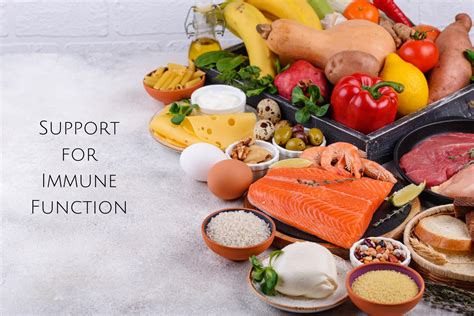
Key Micronutrients for Hormonal Health
Several vitamins and minerals are directly involved in hormone synthesis and regulation:
- Zinc: Crucial for testosterone production. Found in oysters, red meat, pumpkin seeds.
- Vitamin D: Functions as a hormone and is linked to testosterone levels. Best obtained from sun exposure, but also in fatty fish, fortified foods, and supplements.
- Magnesium: Supports muscle function, sleep, and can impact testosterone. Found in leafy greens, nuts, seeds, dark chocolate.
- B Vitamins: Essential for energy metabolism and stress response. Abundant in whole grains, meat, eggs, and leafy greens.
- Selenium: Supports thyroid function, which is interconnected with other hormones. Brazil nuts are a rich source.
Foods to Embrace for Optimal Male Hormones & Energy
Incorporate these powerhouses into your daily diet:
- Cruciferous Vegetables: Broccoli, cauliflower, Brussels sprouts contain compounds like Indole-3-Carbinol (DIM) that help metabolize estrogen, promoting a healthier testosterone-to-estrogen ratio.
- Leafy Green Vegetables: Spinach, kale, collard greens are rich in magnesium, zinc, and various vitamins.
- Berries: Packed with antioxidants, they combat oxidative stress and inflammation.
- Garlic and Onions: May help reduce cortisol (stress hormone) and contain compounds that support hormone health.
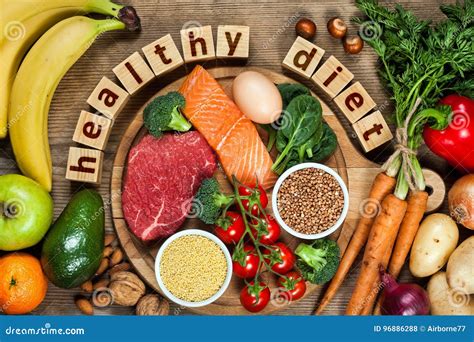
Foods to Limit or Avoid
Just as important as what you eat is what you avoid or limit:
- Processed Foods & Refined Sugars: Contribute to inflammation, insulin resistance, and weight gain, all detrimental to hormone balance and energy levels.
- Excessive Alcohol: Can impair liver function, increase estrogen, and decrease testosterone.
- Unhealthy Fats: Trans fats (found in many processed snacks) and excessive saturated fats can negatively impact heart health and hormone sensitivity.
- Certain Soy Products: While moderate consumption of fermented soy (tempeh, miso) is generally fine, excessive intake of unfermented soy products may have estrogenic effects in some individuals, though research is mixed and individual responses vary.

Hydration and Lifestyle Factors
Don’t underestimate the power of hydration. Drinking enough water supports all bodily functions, including metabolism and hormone transport. Furthermore, diet works best in conjunction with other healthy lifestyle choices:
- Regular Exercise: Especially strength training, which naturally boosts testosterone.
- Adequate Sleep: Crucial for hormone regulation and energy restoration.
- Stress Management: Chronic stress elevates cortisol, which can suppress testosterone.

Conclusion
Optimizing male hormone levels and energy through diet is an achievable goal, focusing on whole, unprocessed foods. Prioritize healthy fats, quality proteins, complex carbohydrates, and a rich array of vitamins and minerals. By embracing a nutrient-dense diet and complementing it with a healthy lifestyle, men can significantly enhance their hormonal health, boost energy levels, and improve overall quality of life.

